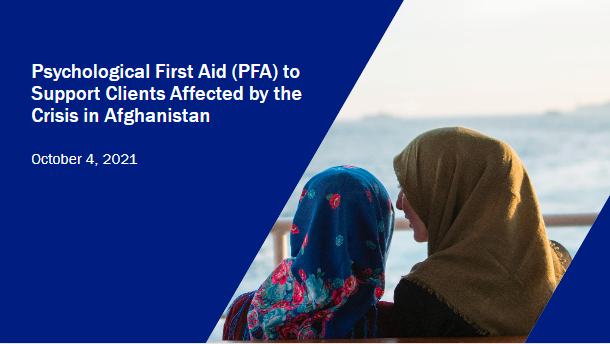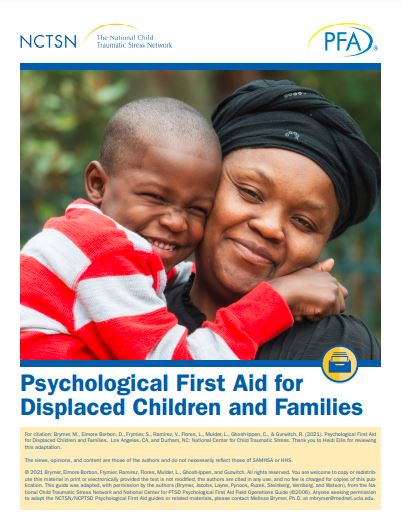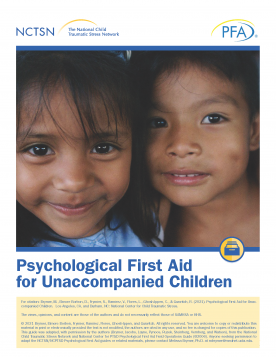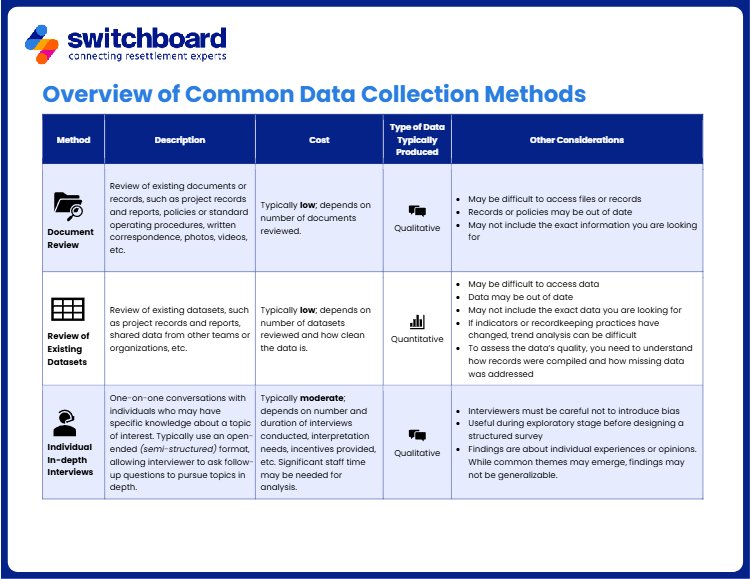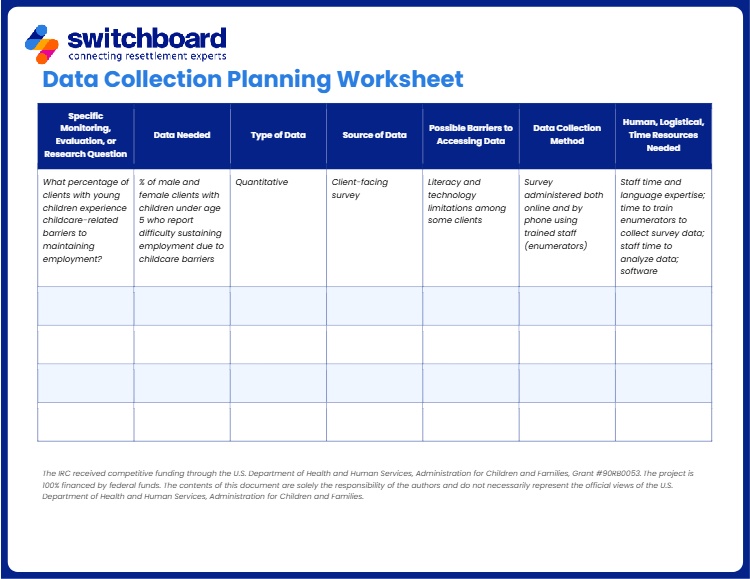Hosted on October 4, 2021, this training was delivered by Beth Farmer, Director for Safety, Education, and Wellness, IRC; Maliha Mirza, Behavioral Health Social Worker, HealthPoint ; and Dr. Omar Reda, Board-Certified Psychiatrist and Founder of Project Untangled Model of Care.
In an emergency, like the crisis in Afghanistan, it is common to have a rapid increase in the number of people experiencing distress, including being scared, confused, overwhelmed, uncertain, angry, and sad. Psychological First Aid (PFA) is an evidence-based intervention designed to help mitigate psychological distress and to facilitate coping and functioning in the immediate aftermath of disasters and other tragic events. PFA is not counseling or therapy and anyone in any sector can provide PFA. This webinar will review the basic principles of PFA, with special consideration given to supporting clients affected by the crisis in Afghanistan. Adaptations to meet the needs of blended or remote service delivery will also be discussed.
This introductory webinar is designed for refugee service providers whose responsibilities including supporting clients who may experience distress. The training will be most relevant for those who have limited or no experience providing psychological first aid. Refugee service providers who have experience in PFA but who would like suggestions for applying PFA given current events may also wish to participate. This webinar is not intended to serve as a comprehensive training on the topic of psychological first aid.
After participating in this 90-minute session, you will be able to:
- Recognize the importance of cultural awareness in supporting Afghan evacuees;
- Describe the goals and purpose of psychological first aid (PFA); and
- Apply the Five Basic Principles of PFA and Four Core Actions of PFA to support clients who may be distressed.

